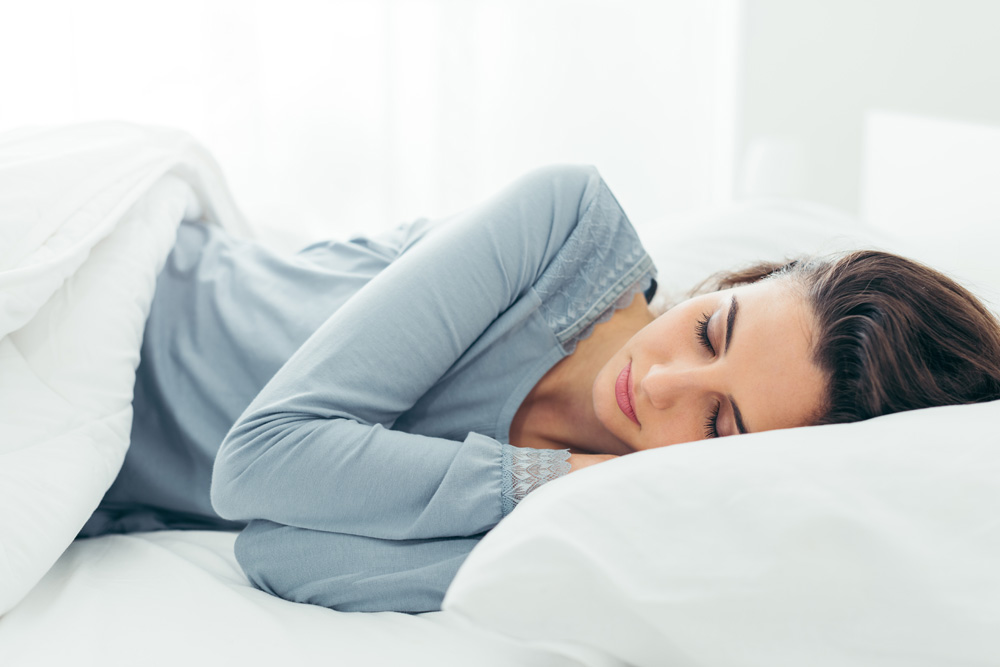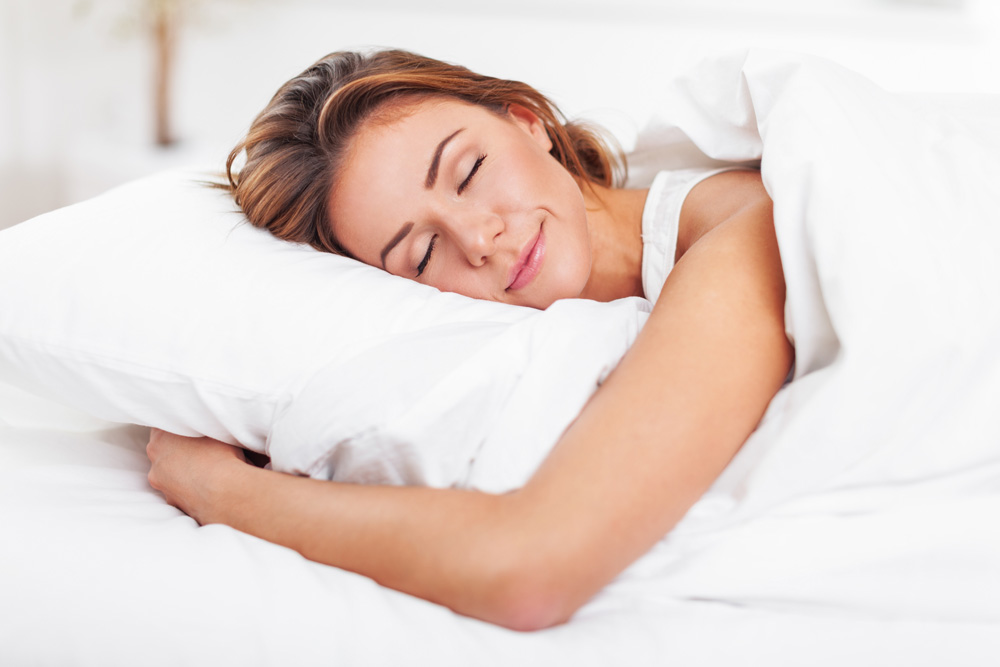
Did you suffer from insomnia last night? Well, rest assured…you are not the only one who was tossing and turning at 3 a.m. Thankfully, scientists working on one of the richest topics today have come up with some innovative treatments available to lull even the most restless to sleep.
The health toll you pay for sleeping badly
It can be so tough to get into a relaxed state of mind at bedtime. As we lie down to rest the day’s events unfold in our mind and insomnia is often the result. Most of us experience sleeplessness at some stage, especially during stressful and emotional times. But, in the long run, being sleep-deprived is more than just annoying. When we don't get adequate sleep, we accumulate a sleep debt that can be difficult to "pay back" if it becomes too big. This can lead to obesity, high blood pressure, depression and reduced performance as well as agitation, memory impairment and fatigue that can lead to safety issues. So as well as impacting our health, it can affect our jobs, relationships and daily productivity.

Obstructive Sleep Apnea could be the reason
Often the real reason for lack of sleep is swept under the carpet, even though it may actually be resolved with proper diagnosis and treatment. One of the reasons for insomnia may be Obstructive Sleep Apnea (OSA), a condition that interrupts normal breathing during sleep. It is actually on the rise in the UAE in line with an increase in obesity. According to arabhealthonline.com, around 35 percent of UAE residents suffer from a sleep disorder at some point in their lives. And, in many cases, this is related to OSA. Depending on the severity, Dr Amro Al Astal, Critical Care and Sleep Medicine Consultant, American Hospital Dubai, recommends treating OSA with behavioural therapy, avoiding the use of sleeping pills. Physical interventions can also be implemented, including positive airway pressure, splinting the airways open and the use of dental appliances.
Online therapy can relieve chronic insomnia
Cognitive behavioural therapy (CBT), an innovative psychological treatment that targets behaviour and thought that perpetuate sleep problems, has made headlines worldwide. CBT was developed by Dr Gregg Jacobs, an insomnia specialist at the University of Massachusetts Memorial Medical Center in the US, based on 25 years of extensive research and clinical practice involving over 10,000 insomnia patients. And, his treatment is gaining solid recognition. A study in the US medical journal “Sleep” showed that an online CBT programme can actually help chronic insomnia. The cognitive part of the process teaches you to change anxiety-producing thoughts that interfere with your ability to sleep. It usually takes around five sessions over six weeks to get to know the therapy and reap the benefits. CBT used to be limited due to lack of trained clinicians and inaccessibility to treatment and clinicians. But Jacobs has made the treatment available online and it is available in the Middle East at cbtforinsomnia.com.
The amazing benefits of sleep:
-Lowers stress and improves mood
-Helps you maintain a healthy weight
-Improves athletic performance and coordination
-Increases your ability to pay attention and remember new information
-Curbs inflammation
-Spurs creativity
-Lowers stress levels
-Helps maintain emotional stability
How much shut-eye do you actually need?
Sleep needs vary according to your age, lifestyle and health. While research cannot pinpoint an exact amount of sleep we need, according to the America’s National Sleep Foundation, the average adult needs seven to nine hours of sleep. However, keep in mind sleep needs are individual and lifestyle factors come into play. A good way to see if you are getting the magic number of hours you need is to pay attention to your own individual needs by assessing how you feel on different amounts of sleep. Are you productive, healthy and happy on seven hours of sleep? Or does it take more for you to perform in high gear? Health issues can also be an indication. Are you overweight or at risk from a disease?
Does sleep affect how long you live?
Too much or too little sleep is linked with how much people live, although it’s not clear if it’s a cause or effect. (Illnesses can affect sleep patterns too). In a 2010 study of women aged between 50 and 79, more deaths occurred in women who got less than five hours or more than six and a half hours of sleep per night.

Heard sleep advice before? Sure, but if you are still tossing and turning at night, read on.
- Get rid of the TV in your bedroom to avoid looking at a bright screen before going to sleep. Exposure to even a dim light at night, such as a glowing TV screen, can prevent a good night’s sleep.
- Avoid catching up with your financial statements late at night. Having too much on your mind may make you feel restless and put off sleep.
- Read a book and listen to soothing music at bedtime.
- Invest in a good quality mattress that is just right for you and your body.
- Get to know about Dr Edward Bach’s flower remedies, an alternative therapy for emotional problems based on the essence of flowers. A little mix of flower power may just help you achieve a good night’s sleep.
- Keep your bedroom neat and tidy, without clutter, and create a relaxed mood with an infusion of calming essential oils, like lavender and chamomile, on your pillow.
- Wind down before you get into bed. Take a bath or have a mug of warm milk to relax. Don’t drink caffeinated drinks, such as cola, coffee and energy drinks, late at night as it takes your body around three hours to break down caffeine, which can keep you awake at night.
- Exercise regularly by all means, but remember that an energy boost in the evening will not exactly put you to sleep, so avoid late night workouts.
















